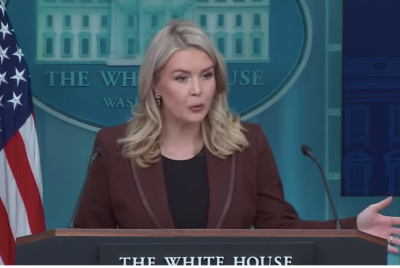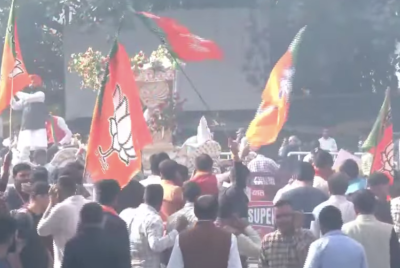The election you may have missed that could overshadow Macron's French victory
The shock result could be a sign of things to come for the nation's 80 million inhabitants.

Most of the political attention was focused on France on Sunday as Emmanuel Macron stormed to victory. But there was another, albeit smaller election, that could be just as influential in the months to come.
Germany is in the midst of a 'superwahljahr' or 'super election year', with several, major votes taking place, culminating with a general election in September.
In February, Frank-Walter Steinmeier was voted as the new President of Germany, a mainly ceremonial position, but one that could prove crucial in a 'superwahljahr.'
Following this, two out of three state votes have taken place, each with increasing importance.
In March, the small state of Saarland comfortably voted Angela Merkel's CDU back into power, the win wasn't a massive surprise, but it was the size of the victory that got the centre-left SPD concerned.
On Sunday was the second of such state votes, this time in the Danish border state of Schleswig-Holstein.
The SPD had control of the state, and were stunned after losing the state to the CDU. State swings are not uncommon, but the most remarkable point was that this was the first time that the CDU had won a state since Merkel came to power in 2005.
Up to this this point the CDU had either held or lost states but never won from another party.
Sunday's vote was a much larger state compared to Saarland, but the biggest pre-election test looms in less than a week.
North Rhine-Westphalia (NRW)- Germany's largest state by population will be seen as the most important indicator as to which way the national vote may go when the region votes on the 14 May.
Containing vast rural areas and major cities including Duisburg, Dusseldorf and Cologne, the state proves as the ultimate test ahead of September's vote.
The strength of the CDU in both Saarland and Schleswig-Holstein has the SPD concerned.
In 2012, the SPD eased to victory in NRW, but recently polls have shown that the SPD and CDU are neck-and-neck.
Even if they can hold onto control of the state, they will need a large win to stave off any national concerns.
Anything less than a repeat of the 2012 result will be deemed as bad.
Nationally, polls are all swimming in Merkel's direction, if NRW falls to the CDU, then the SPD will be facing an uphill struggle in September.
So while all eyes were on Paris on Sunday, the signs are starting to emerge which way Europe's biggest economy could be set to turn.
If the current trends continue, Angela Merkel is primed for a fourth electoral win.
© Copyright IBTimes 2025. All rights reserved.




















